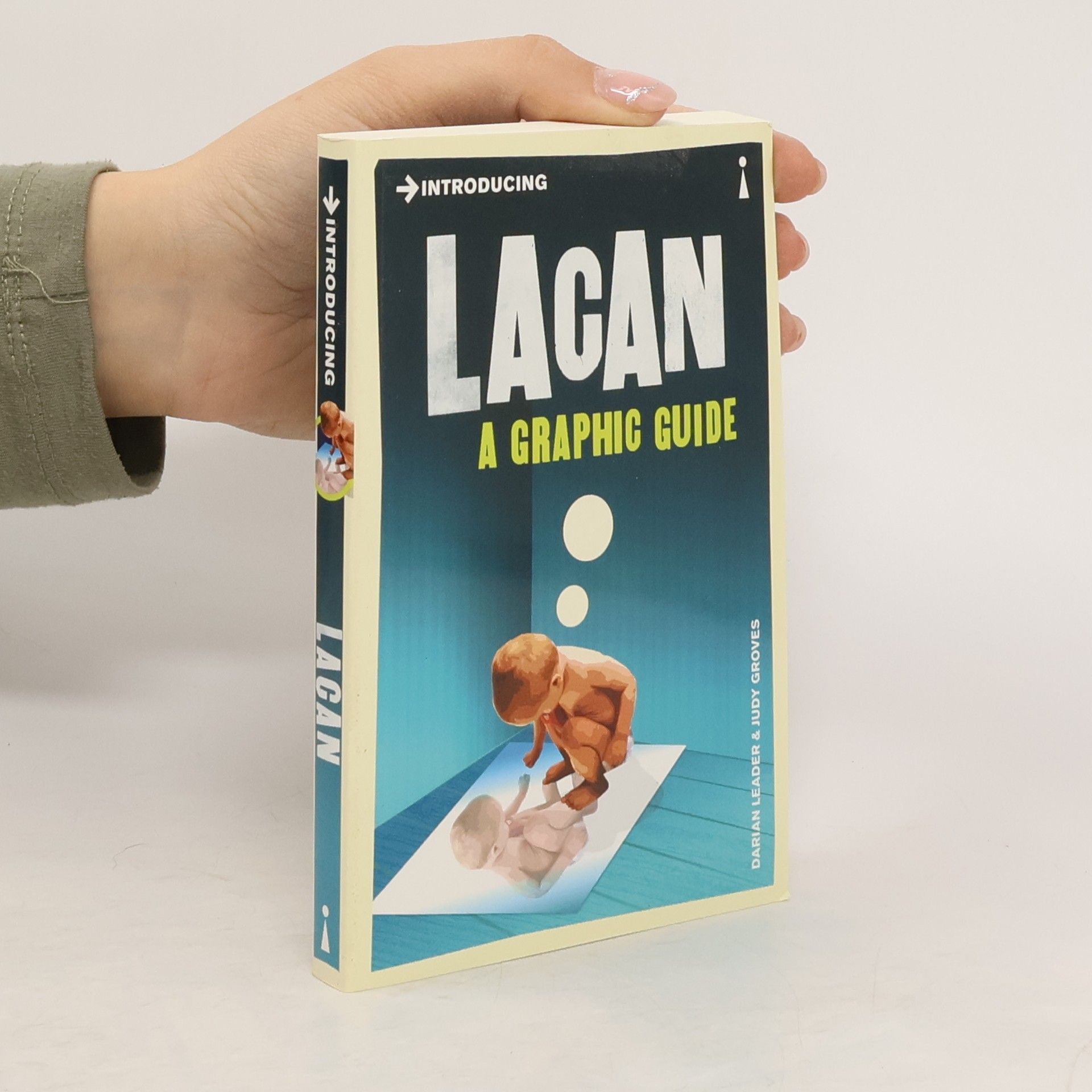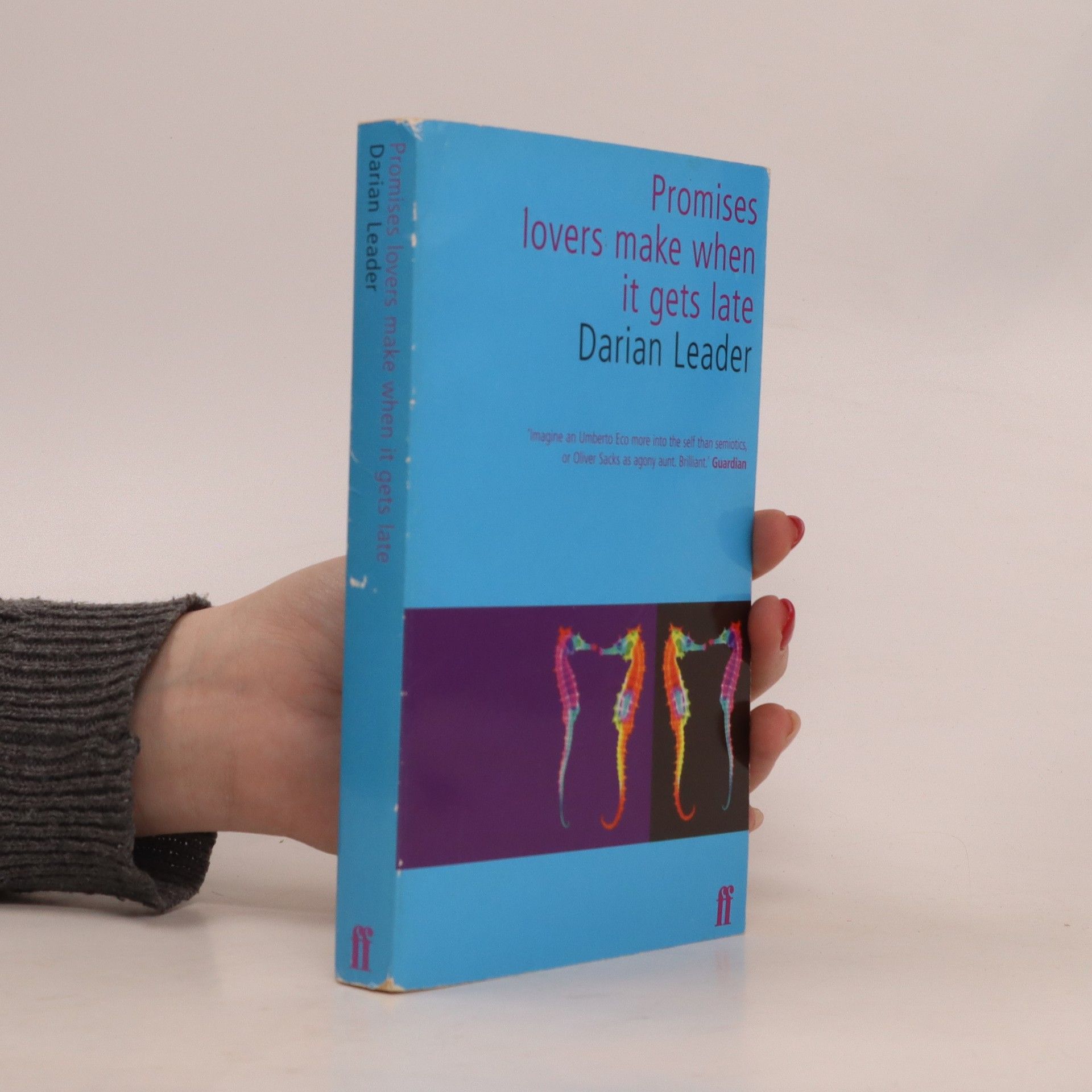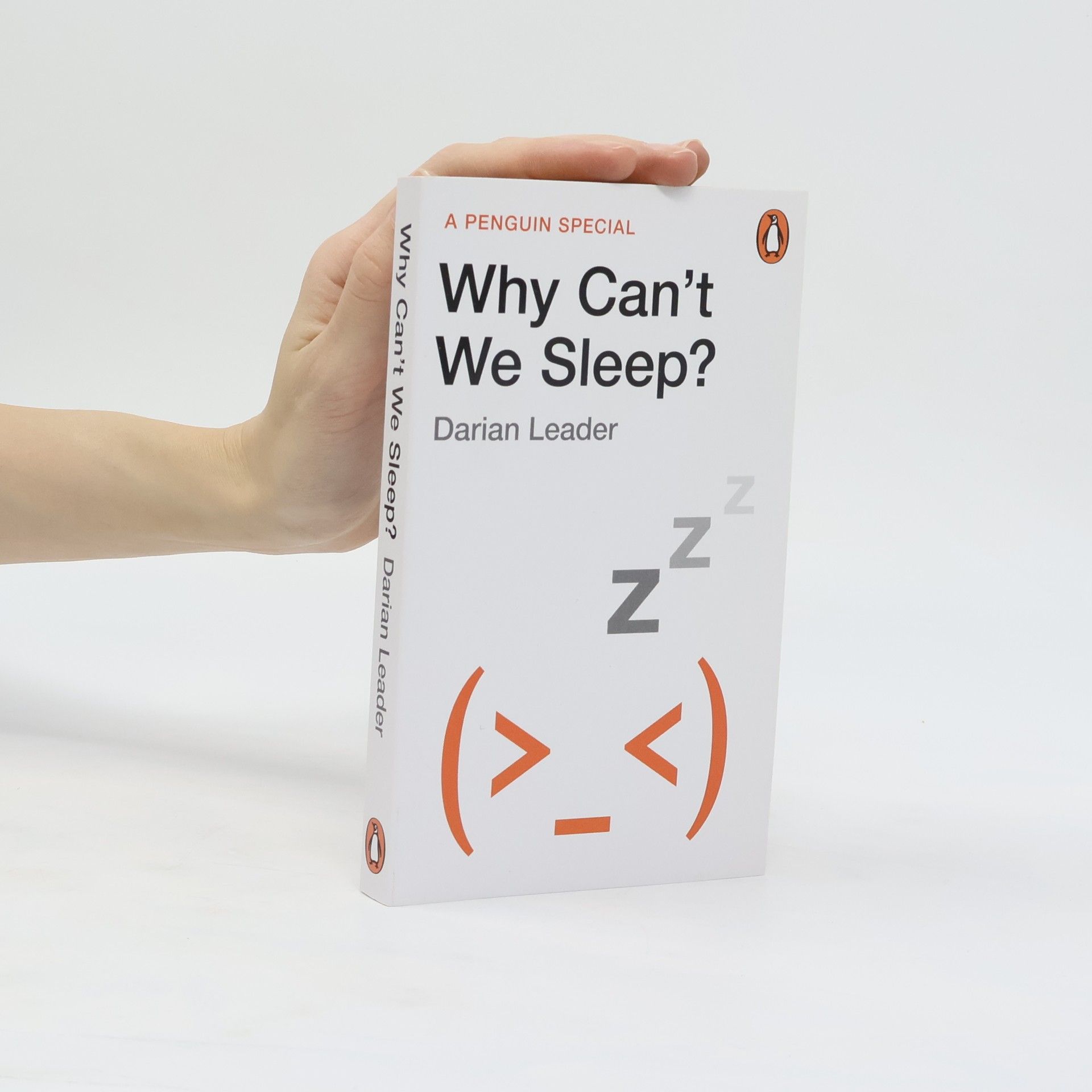Is It Ever Just Sex?
- 288 pages
- 11 hours of reading
'It was just sex.' It's a familiar claim. But is it really possible? The old idea that sexuality is a smouldering, animalistic force within us, desperate for release yet restrained by social forces, has little to support it. Bodies aren't just sticks that make fire when you rub them together, and the pain, heartache, and regret that can accompany the highs of sexual excitement show us that much more is at stake. So, what are we really thinking about when we think about sex? And what are we really doing when we do it? As acclaimed psychoanalyst Darian Leader argues, with his trademark clarity, energy and wit, there is no such thing as 'just sex'. It is always about so much more than that - about phantasy, anxiety, guilt, revenge, violence, love - and Leader draws on his analytic experience, historical research and case studies to explore their importance to every aspect of our sexual lives.





